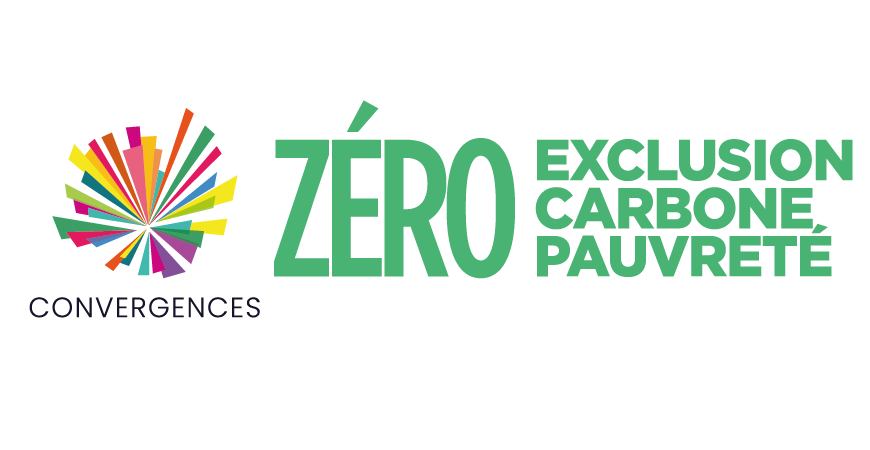The number of forcibly displaced people worldwide has hit a record high of 70.8 million in 2018, as showed by the data recently released by UNHCR’s annual Global Trends report. Within this group, the number of refugees in the world — defined as people displaced outside of their home country due to war, persecution and conflict — reached 25.9 million, 500,000 more than in 2017.
In this context, promoting positive interventions that enable socioeconomic integration of refugees represents one of the main sustainable solution to the refugee crisis. The financial industry has a fundamental role to play to ensure that refugees have access to a range of financial and non-financial services. That said, very few financial service providers (FSPs) have so far been extending their services to this underserved population, often perceiving them as a “too risky”market segment.
To deepen the understanding of refugees’ financial needs, the Grameen Credit Agricole Foundation commissioned a market study in Jordan and Uganda, conducted by the consulting firm Microfinanza. These studies constitute the first step in the implementation of a joint program between the Swedish International Development Cooperation Agency, UNHCR and Grameen Crédit Agricole Foundation, designed to expand access to financial and non-financial services for refugees and host communities in Jordan and Uganda.
The findings from these studies shed light on five main recommendations for financial service providers (FSPs) willing to contribute to the financial inclusion of refugees.
- Do not develop specific financial products for refugees.
This recommendation may seem surprising, as refugees are often seen as a separate social category with specific needs. Yet, the study demonstrates that many financial products on the market already meet the demands identified among refugee clients. FSPs may need to adjust their internal policies and procedures for identity and collateral requirements but there is no need for exclusive “refugee products” to match demand.
- Find out what type of credit refugees in a given area need, and how much.
In Uganda and Jordan, we found that while refugees were borrowing regularly from savings groups, friends and family, they were not able to borrow enough to cover their business needs. Many wanted access to formal credit, would prefer individual loans, and most were willing to pay interest. The survey also revealed a need for financing green energy products in settlements, and highlighted the potential of digital financial services, which are already used by refugees in both countries. In Uganda, where land is reasonably available for refugees, there is also a demand for agricultural products, both for individuals and for companies looking for raw agricultural products. Much like with regular clients, it is essential that FSPs closely interact with refugees to better understand their needs and preferences.
- Screen refugees’ business ideas.
In Uganda, 78% of refugee respondents have plans to start or develop their own businesses, and 60% have already taken the first steps – using savings, borrowing informally and enrolling in vocational trainings. In Jordan, most refugees prefer to start their own business over seeking employment in the limited available sectors for non-Jordanians. In terms of gender segmentation, about one out of every four women interviewed in Jordan have strong plans to start or develop her own, mostly home-based, business, a proportion which increases to one in every three women in Uganda.
- Overcome the fear of flight risk, as data shows that refugees rarely resettle.
Flight risk is an oft-mentioned concern for FSPs when it comes to considering refugees as a potential target market. However, our studies found that the vast majority of respondents do not have plans to return to their countries or to relocate to another country. Resettlements are also rare within countries. Refugees’ aspirations were much more related to gaining economic independency than to moving on to a new location. Between 2014 and the end of April 2018, only 5% of the registered refugee population in Jordan and 1% in Uganda resettled1.
- Consider adding non-financial services to complement the credit offer.
In both countries, non-financial services – primarily financial education and business management support – are particularly relevant for refugees with limited or no prior experience with credit or running a business. FSPs should apply their client segmentation procedures to assess which refugees may need non-financial service provision. In order to better comprehend refugees’ needs, it is highly valuable for FSPs to partner with existing specialized NGOs which offer these services.
The studies clearly demonstrate that the growing number of refugees should be considered by all microfinance stakeholders as a new market and a real opportunity to promote financial inclusion. For the refugees themselves it could be the insurance to be fully integrated in the mainstream economy of their host country.
1 UNHCR resettlement data, http://www.unhcr.org/resettlement-data.html#_ga=2.19545528.1017050701.1540310607-1116228831.1539297281
* This article is issued from a blog written by the authors and published by the FindevGateway on their website
MICOL PISTELLI
SENIOR FINANCIAL INCLUSION COORDINATOR
UNHCR &
PHILIPPE GUICHANDUT
HEAD OF INCLUSIVE FINANCE DEVELOPMENT
GRAMEEN CREDIT AGRICOLE FOUNDATION
![]()
